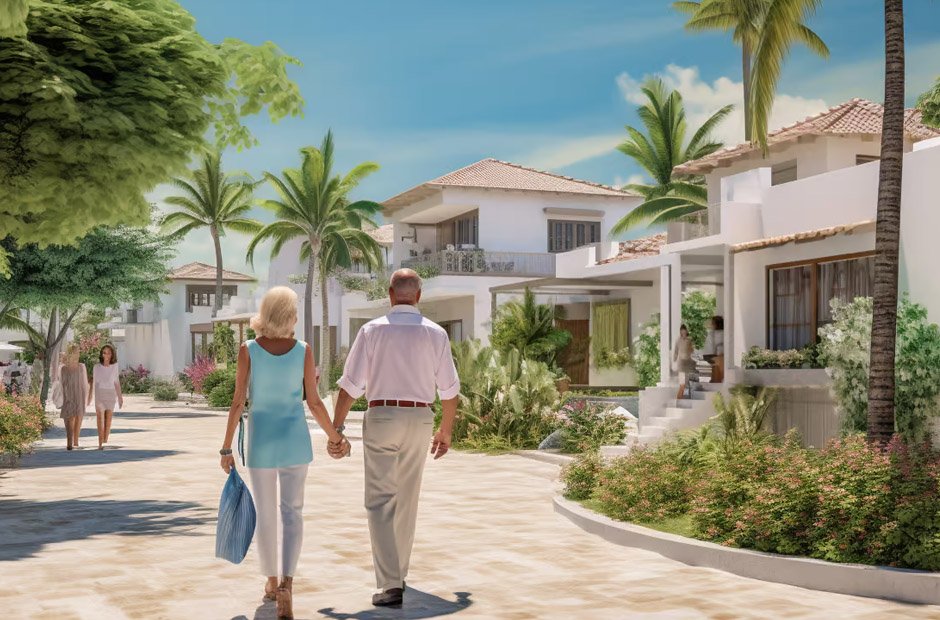Between staying at a hotel and a Riverfront condo in Bangkok for rent for a long-term stay, the latter is more cost-effective. After all, you’re not paying per night but per month. The term is cost-effective, not necessarily affordable, because there are upfront costs that you have to pay for when signing a rental lease. This is why it’s important to know what you’re getting into before you make a commitment, especially if you’re a foreigner.
Can foreigners rent property in Thailand?
Yes, they can, but certain rules and conditions apply. Legal requirements are one of the things you need to know when investing in property, and the same is true with Thai rentals.
- Foreigners are allowed to rent a property without restrictions for a short term and with a few considerations for a long term.
- Long-term stays range from three to six months, which means you may not be able to rent a property long term if you only have a tourist visa.
- Most landlords don’t check a tenant’s visa status, but it’s better to be safe than sorry. If you overstay your welcome, you might be fined or denied entry the next time you visit.
- Apply for a visa extension or a long-term Thailand visa, which is a ten-year-long visa that comes with tax and non-tax benefits.
What is the difference between the old and new rental contract laws?
Old Rental Contract Control Law (2018) has now been replaced with the New Rental Contract Control Law (2019), which many say is less favourable for tenants. Below are some of the changes worth knowing.
- Landlords must send tenants invoices at least three days in advance instead of the previous seven days.
- From the previous two months’ deposit (security deposit of one month and advanced one month), tenants now have to pay upfront a three-month advanced deposit.
- Only tenants who have stayed for half the contracted period can terminate a lease before the contract period ends, which wasn’t the case in the old contract control law.
- If issues arise and the tenant is proven at fault, the landlord can confiscate the deposit or advanced strength. Previously, deposit or advanced rent can’t be confiscated regardless of circumstances.
What costs and expenses should I be aware of?
While Thailand’s cost of living is low, rental prices may or may not have a significant impact on your monthly budget.
- Rental fees vary based on location, property type and size, and other additional fees imposed.
- Naturally, rent in local apartment buildings is more affordable than luxury apartments or condominiums.
- Upfront costs for renting an apartment or condominium can be higher because of the security deposit, monthly utilities and maintenance fees, and internet cost.
Do I need a real estate agent’s assistance?
Absolutely. As a foreigner in Thailand, working with a local real estate agent is in your best interests.
- They know the Thai property rules more than anyone. Whether you’re buying or renting, they can help you stay out of legal problems.
- Their knowledge of the local real estate market will pave the way for a smooth and stress-free journey.
- They can offer sound advice with regard to location, neighbourhood, and listings.
Thai rentals are accessible to foreigners, and renting one shouldn’t be complicated. With the right information, your rental experience will be problem-free. If you’re looking for a river condominium in Bangkok, the real estate experts at Citadel can help.



